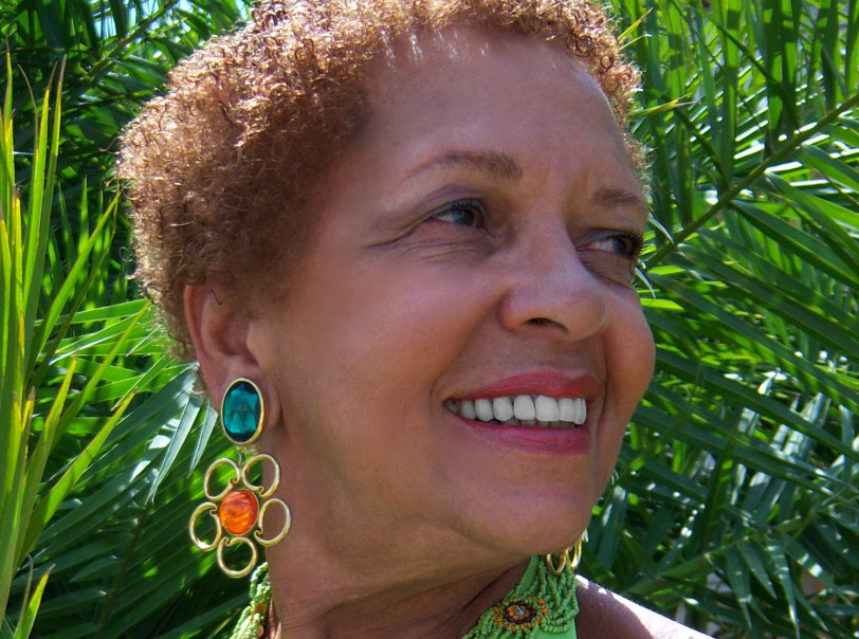African American PTSD

I was at once enveloped by anger, rage, sadness, betrayal, paranoia, vulnerability and hopelessness. The KKK, white supremacists and neo-Nazis were armed and rampaging in full combat gear. The level-headed, upbeat, positive Amy that you’re used to was sitting isolated in her living room, eyes glued to breaking news, heart pounding, respiration elevated, about to burst from frustration. “NO! We cannot go back to those days!” My screams were inaudible. I flashed back to the America of the 1940’s and 50s, then projected myself into the 2020’s, the years my grandchildren will inherit. “We cannot go backwards . . . I won’t have it!”
I recognized within myself the symptoms of PTSD. African American PTSD.
As a former psychotherapist, I knew the symptoms, common in veterans. But I have long recognized that people of color, and yes, other marginalized groups also suffer from PTSD. Mine is a milder form devoid of haunting nightmares. I did not grow up in the South. No one in my family was dragged from their bed and hung from a tree to die. I never drank from a colored only water fountain, nor was I ever denied entrance to an integrated school.
But in my own way, through Northern institutional racism, I suffered along with those of my people who experienced such indignities. I couldn’t be a cheerleader, because my blackness did not reflect the school’s beauty standard. My guidance counselor called me into her office and advised that as a colored girl, I need not aspire to the college prep track.
These days, when I attend peaceful protest rallies, I am predominantly surrounded by Whites, and I ask myself, “Where are all the Black people?” Now I realize where they are. They are at home, feeling disillusioned and powerless. Saying no matter how much education we have, no matter how big a house we can afford, to countless thousands of our fellow Americans, we are still just n_gg_rs. No matter how far we’ve come thanks to Martin Luther King and leaders of his era, we endure a segment of America that spawns ethnic hatred. That teaches six year-olds armed with firearms in kiddy neo-Nazi boot camp that they are a superior race and that hatred is not only good, it’s patriotic.
Nevertheless, I find solace in making my voice heard; through my writing, and through my presence at the many peaceful rallies that I attend. I find hope in the difficult process that we are undergoing. Hatred bubbling under the surface is finally erupting and I see the recent horrific events as a purging of our society. Be assured, PTSD will not define me. I hold steadfast in the belief that a loving humanity will continue to push forward in my America.

written by Amy Bryant, Safety Harbor resident blogger
Amy Bryant
Author of You CAN Go Home Again





Amy..this made me weep..it is a beautifully written powerful haunting cry from the heart..even more compelling considering who you are..an extraordinary soulful cheerful optimistic person. I always feel happier when I’m around you..Thank you for sharing this
Thank you, Linda, for your enthusiastic response.
Thank you Amy for sharing your thoughts and feelings. I did grow up in the South. At home I was taught that all of us are equal but I certainly did not always witness it in school or in other places. Still, I have tried and will continue to be that “loving humanity.. pushing forward in our America.
Beautiful spirit!
Thank you Amy.
Glad you appreciated it, Mike.
Amy – I read the first sentence and knew it was you! Thank you. So you scream at the TV too these days.
But, as always, you end with a conciliatory word and a positive outlook. And those are helpful reminders. Thank you!
I love the way you follow the development of my blogs as I always try to end with faith in humankind.
You speak for so many of us, Amy. Our hearts are breaking and the hair on the back of our necks rises at the slightest noise. We are frightened and hiding out in our integrated condos feeling guilty we don’t do more to help and feeling helpless because the streets became unsafe over-night.
Thank you, Patricia, for adding your voice to this dilemma.